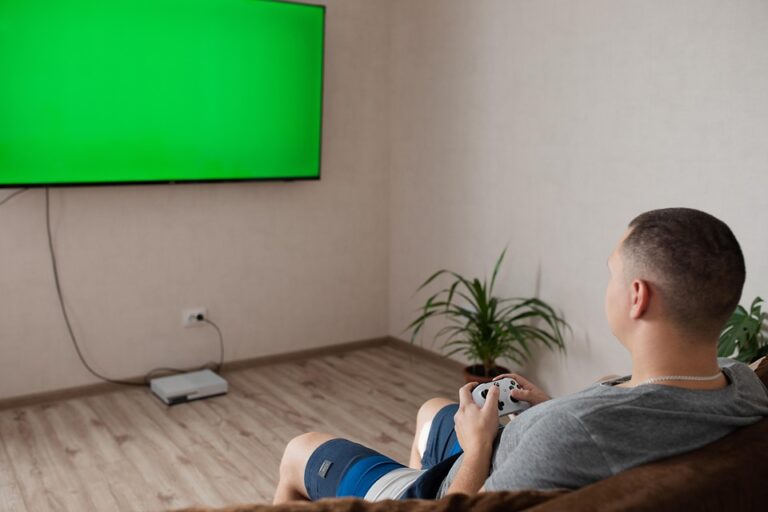The Psychology of Team Dynamics in Multiplayer Games
In today’s digital age, multiplayer games have evolved from simple recreational activities into intricate platforms for social interaction, competition, and teamwork. Understanding the psychology of team dynamics within these virtual environments not only enhances gameplay but also offers insights into human behavior. As gamers worldwide engage with diverse communities, the dynamics of teamwork play a pivotal role in shaping their experiences.
Understanding Team Dynamics in Multiplayer Games
The Foundations of Teamwork
At its core, teamwork in multiplayer games is built upon collaboration, communication, and coordination. Successful teams leverage each member’s strengths while compensating for weaknesses, akin to a well-rehearsed orchestra. This synergy is crucial, especially in competitive settings where the outcome often hinges on how well players work together.
Factors Influencing Team Dynamics
Several psychological factors influence team dynamics in multiplayer games:
-
Communication Styles: Clear communication can significantly enhance team performance. Research indicates that effective communication can increase team efficiency by up to 25% in gamified environments.
-
Role Assignment: Just like in a workplace, defining roles can boost performance. Players typically gravitate towards specific roles (e.g., shooter, medic, strategist), which fosters accountability and improves outcomes.
- Trust and Cohesion: Trust within a team can lead to better decision-making and cooperation. A study from 2022 revealed that teams with high levels of mutual trust outperformed their counterparts by 30% in collaborative gaming scenarios.
Chemistry Among Team Members
Another crucial aspect of team dynamics is the social chemistry between members. Teams that exhibit strong interpersonal relationships often display enhanced performance. This chemistry can be likened to a dance troupe, where each member must be in sync with one another to achieve a spectacular performance. Such synchronization isn’t simply about skill; it’s also about understanding and anticipating each other’s moves, which fosters a competitive edge.
The Impact of Competition and Cooperation
Balancing Competition and Teamwork
While many multiplayer games thrive on competitive elements, fostering cooperation remains essential. Teams that can balance these dynamics tend to excel. For example, in games like Valorant, where individual performance is measured alongside team outcomes, finding harmony between personal ambition and collective success can make or break a team’s fortune.
Case Study: League of Legends
League of Legends, a titan in the world of multiplayer games, offers an excellent case study on team dynamics. Statistically, approximately 80% of players report that communication with teammates significantly influences their gameplay experience. Teams that engage in strategic discussions and share real-time decisions often climb the ranks quicker than those that lack cohesion.
The Psychological Benefits of Team Dynamics
Building Skills Beyond Gaming
Working in a team context within multiplayer games not only hones strategic thinking and reflexes but also fosters essential life skills. Team players enhance their leadership abilities, empathy, and conflict resolution skills. In fact, a 2023 survey found that 67% of gamers credit their gaming experiences for improving their real-life teamwork capabilities.
Community and Belonging
Participating in teamwork creates a sense of community and belonging, which is especially important in today’s increasingly disconnected world. Multiplayer games provide players with a structured way to meet new people and form friendships, contributing significantly to their well-being.
Conclusion: Enhancing Team Dynamics for Better Gameplay
The psychology of team dynamics in multiplayer games is a rich field of exploration. By understanding the importance of communication, trust, and role definition, players can significantly enhance their gaming experiences while also developing vital skills applicable beyond the screen. As the gaming industry continues to thrive and evolve, so too will the importance of nurturing effective team dynamics.
For those looking to deepen their understanding, check out our articles "The Role of Leadership in Gaming Teams" and "Top Strategies for Effective Communication in Multiplayer Games" on buzzo.live. Additionally, external resources such as the American Psychological Association and Gamasutra provide insightful studies and perspectives on psychology and gaming.

Alt text: Team interaction in multiplayer games showcasing teamwork.

Alt text: Strategic communication in multiplayer games highlighting player collaboration.
In the immersive world of multiplayer games, understanding and enhancing team dynamics can foster not only better gameplay but also create lasting memories and friendships. Join the community, embrace the complexity of team interactions, and elevate your gaming experience!


